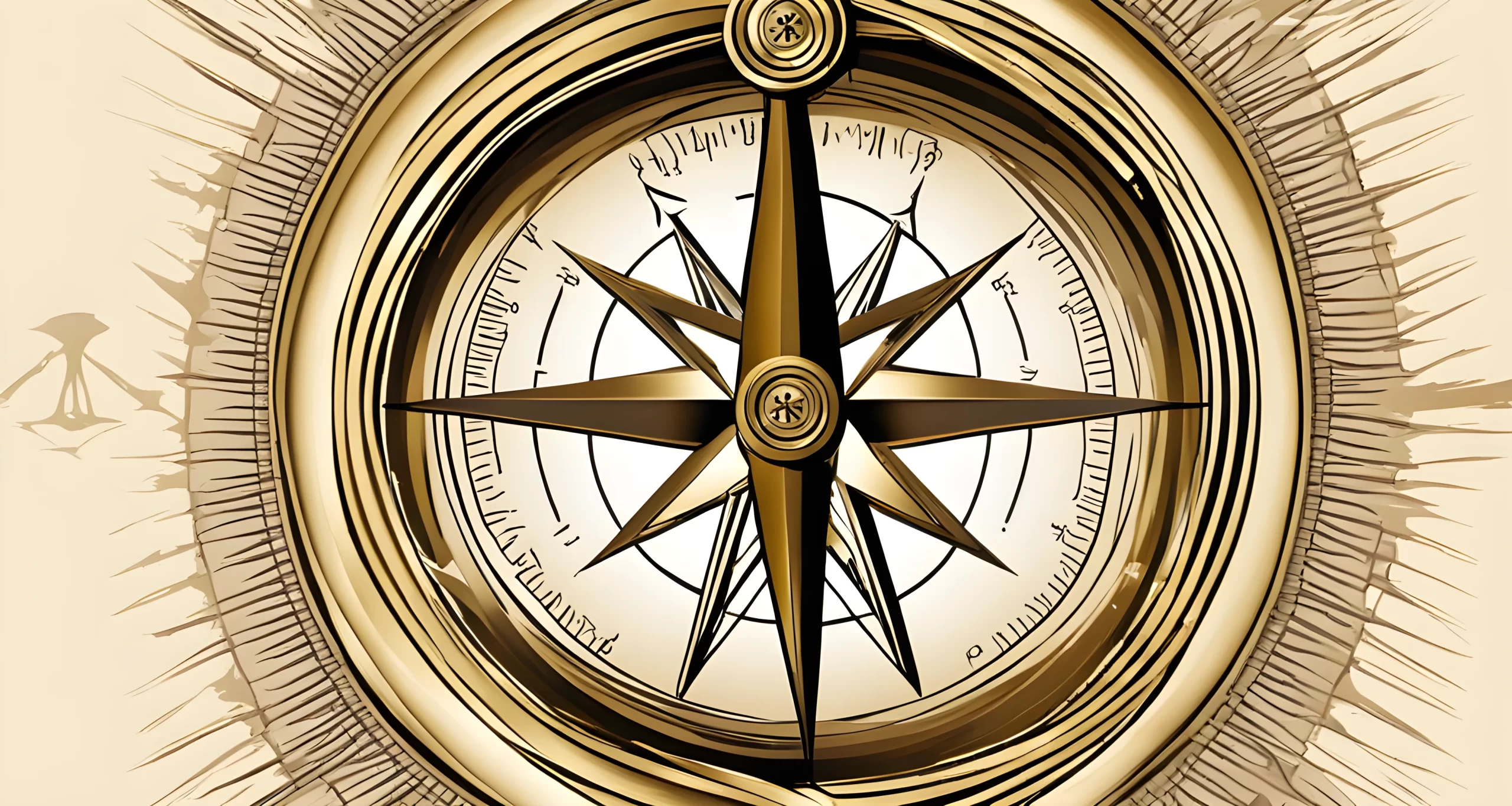Introduction
Freemasonry, often referred to as the world’s oldest and largest secret society, has a rich history dating back to the Middle Ages. It originated from the guilds of stonemasons and cathedral builders, where the stonemasons’ tools, such as the Square and Compasses, are still used as symbols of the organization. Freemasonry evolved over time, with the decline of cathedral building leading some lodges to accept honorary members to maintain their numbers. This marked the beginning of modern symbolic or speculative Freemasonry, which incorporated elements from ancient religious orders and chivalric brotherhoods.
The history of Freemasonry is shrouded in mystery and intrigue, with many controversies and myths surrounding its practices. Some even link it to secret societies like the Illuminati Conspiracy Theory, adding to the allure and speculation surrounding the organization.
In this article, we will delve into the origins and evolution of Freemasonry, exploring its symbols and rituals, as well as its membership and influence throughout history. We will also examine how Freemasonry operates in today’s society, shedding light on its current role and impact. Additionally, we will address some of the controversies and myths that have been associated with Freemasonry over the years.
Join us on this journey as we unravel the mystery of Freemasonry and gain a deeper understanding of this enigmatic organization.
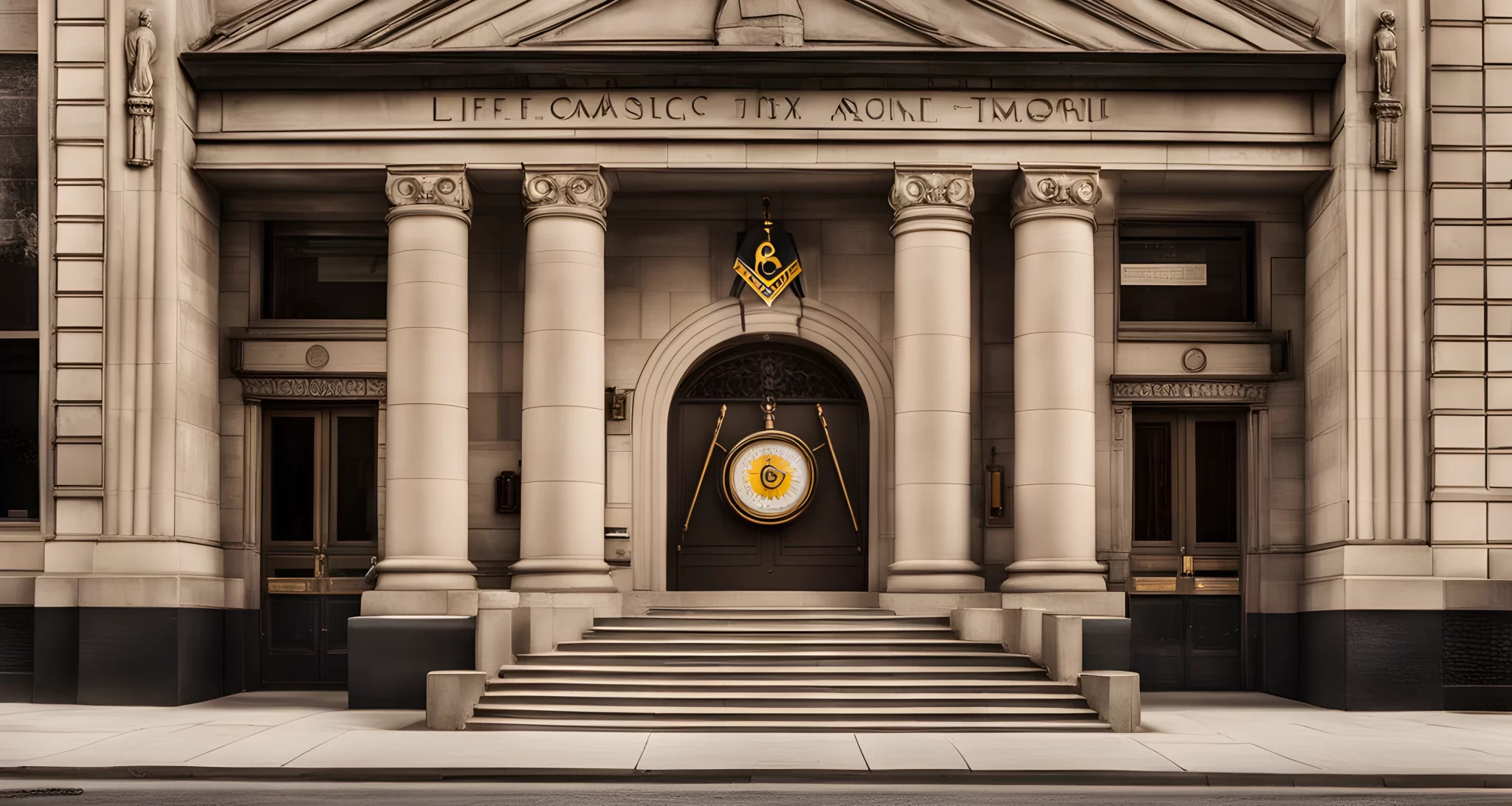
The History of Freemasonry
The history of Freemasonry dates back to 1717 when the first Grand Lodge was founded in England. This association of lodges quickly spread globally through the British Empire, establishing a strong presence in many countries. The organization’s teachings emphasize moral education, fellowship, and mutual assistance among its members.
Global Spread
- Founded in England in 1717
- Quickly spread through the British Empire
- Established a strong presence in many countries
Freemasonry requires its members to believe in a Supreme Being and the immortality of the soul, which forms the basis of their moral and spiritual teachings. The organization has played a significant role in shaping communities and promoting charitable work.
Teachings and Beliefs
- Emphasize moral education, fellowship, and mutual assistance
- Members required to believe in a Supreme Being and immortality of the soul
- Played significant role in shaping communities and promoting charitable work
Despite its widespread presence, Freemasonry has faced opposition from organized religion, particularly the Roman Catholic Church, and from various states.
Opposition
- Faced opposition from organized religion, particularly Roman Catholic Church
- Also faced opposition from various states
The influence of Freemasonry has been felt across various aspects of society, from politics to philanthropy, making it a highly influential and controversial organization throughout history. Jack the Ripper investigation.
This section provides an overview of the historical roots of Freemasonry, shedding light on its global spread and impact on society.
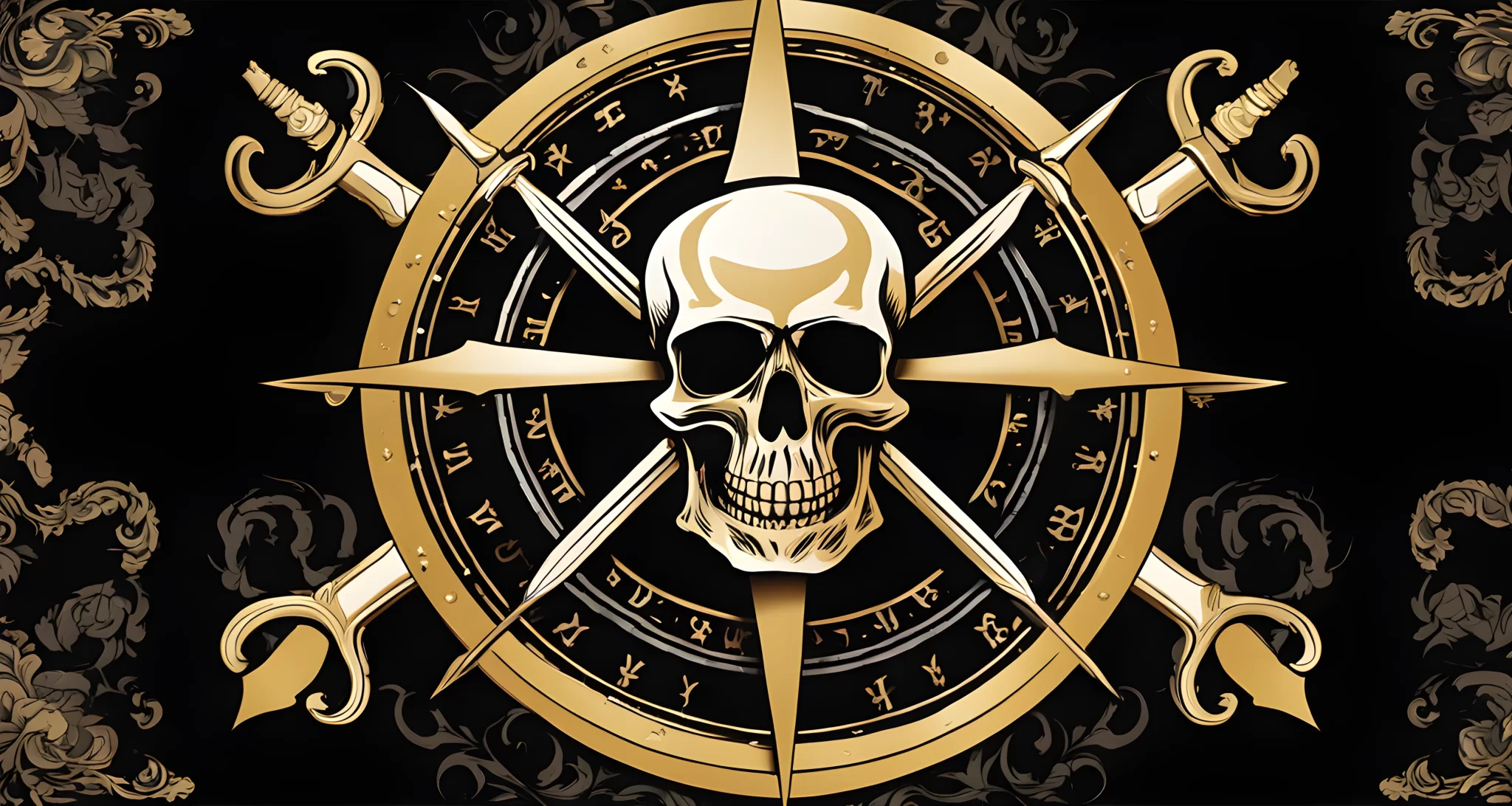
Symbols and Rituals
Freemasonry is known for its rich symbolism and elaborate rituals, which have contributed to the group’s air of mystery and intrigue. The symbols and rituals of Freemasonry play a crucial role in shaping the organization’s identity and guiding its members through their journey within the fraternity.
Symbols
- Square and Compass: One of the most recognized symbols of Freemasonry, the square and compass represent moral integrity and spiritual enlightenment.
- All-Seeing Eye: Often depicted within a triangle, this symbol represents the watchful eye of a higher power and the search for knowledge and truth.
- Gavel: Symbolizing order and authority, the gavel is used in Masonic rituals to emphasize discipline and control.
Rituals
- Initiation: New members undergo an initiation ceremony, which involves various symbolic gestures, oaths, and teachings that are meant to impart moral lessons.
- Degrees: Freemasonry is structured into different degrees, with each level having its own specific rituals and teachings. These ceremonies are meant to guide members through their personal growth within the fraternity.
- Secret Handshakes: Freemasons are known for their unique handshakes, which serve as a way for members to identify each other without revealing their affiliation to outsiders.
The secrecy surrounding these symbols and rituals has fueled speculation and conspiracy theories about Freemasonry’s true intentions and influence. This has led to the organization being depicted in popular culture, further adding to its enigmatic allure.
For more on secret societies like the Freemasons, check out Group Secret Societies for an in-depth look at another influential organization.
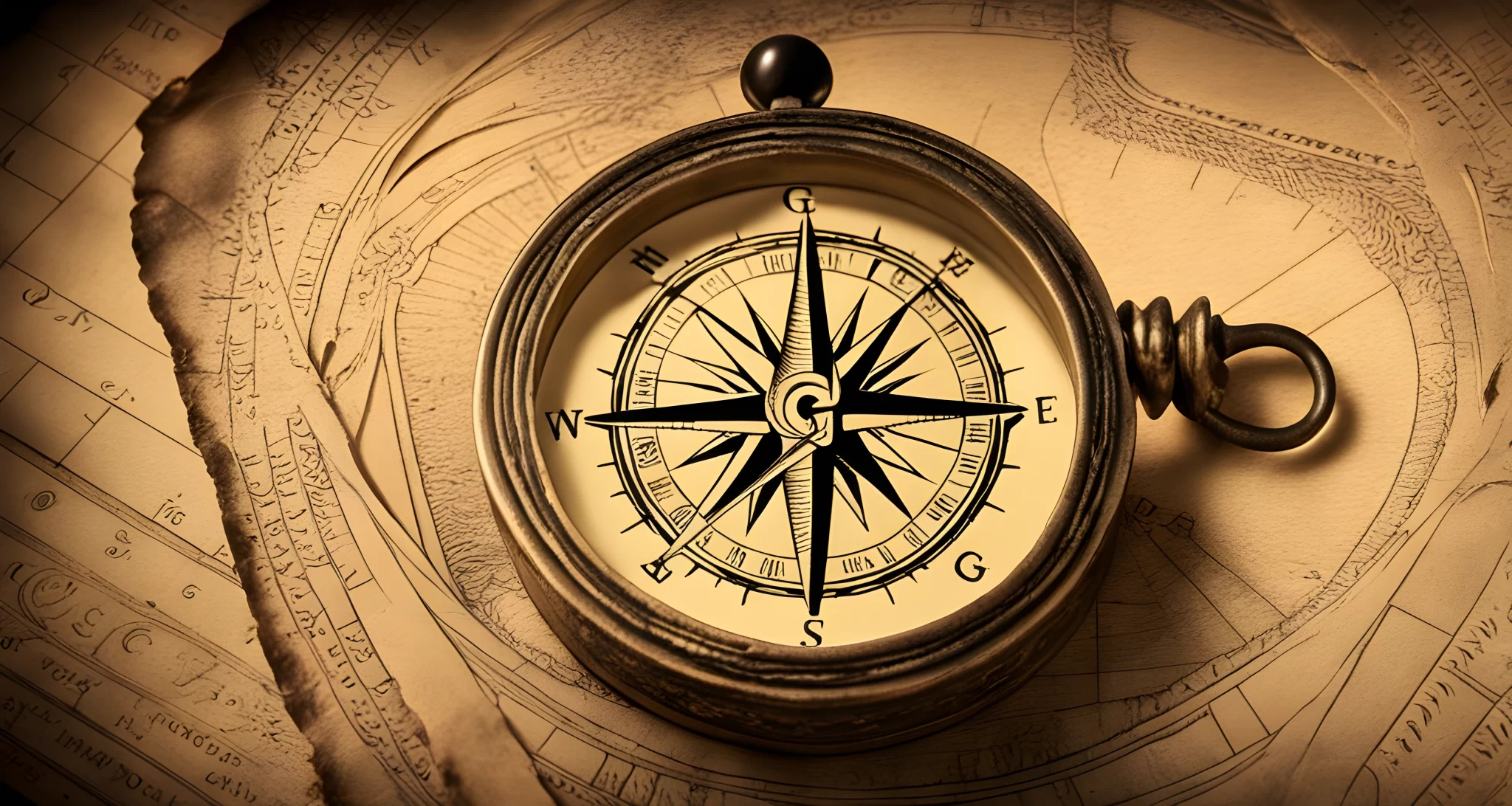
Membership and Influence
Membership in the Freemasons is open to men who are of good moral character and believe in a higher power. The organization is known for its strong sense of camaraderie and brotherhood, and members often form lifelong friendships within the fraternity. The influence of the Freemasons can be seen in various aspects of society, from politics to the arts.
-
Influence in Politics: Many influential political figures throughout history have been Freemasons, including George Washington, Benjamin Franklin, and Winston Churchill. The organization’s values of freedom, equality, and democracy have often influenced the political decisions of its members.
-
Influence in the Arts: Freemasonry has had a significant impact on art and architecture. Many renowned artists and architects, such as Mozart and Sir Christopher Wren, have been members of the fraternity. Their work often reflects Masonic symbolism and ideals.
The rituals and symbols of Freemasonry also play a significant role in shaping the moral and philosophical beliefs of its members. These rituals are shrouded in secrecy Knights Templar Grail and are meant to impart important life lessons to those initiated into the organization.
Overall, the influence of the Freemasons is far-reaching and has left an indelible mark on various aspects of society. From its impact on politics to its contributions to the arts, the fraternity continues to play a significant role in shaping the world we live in today.
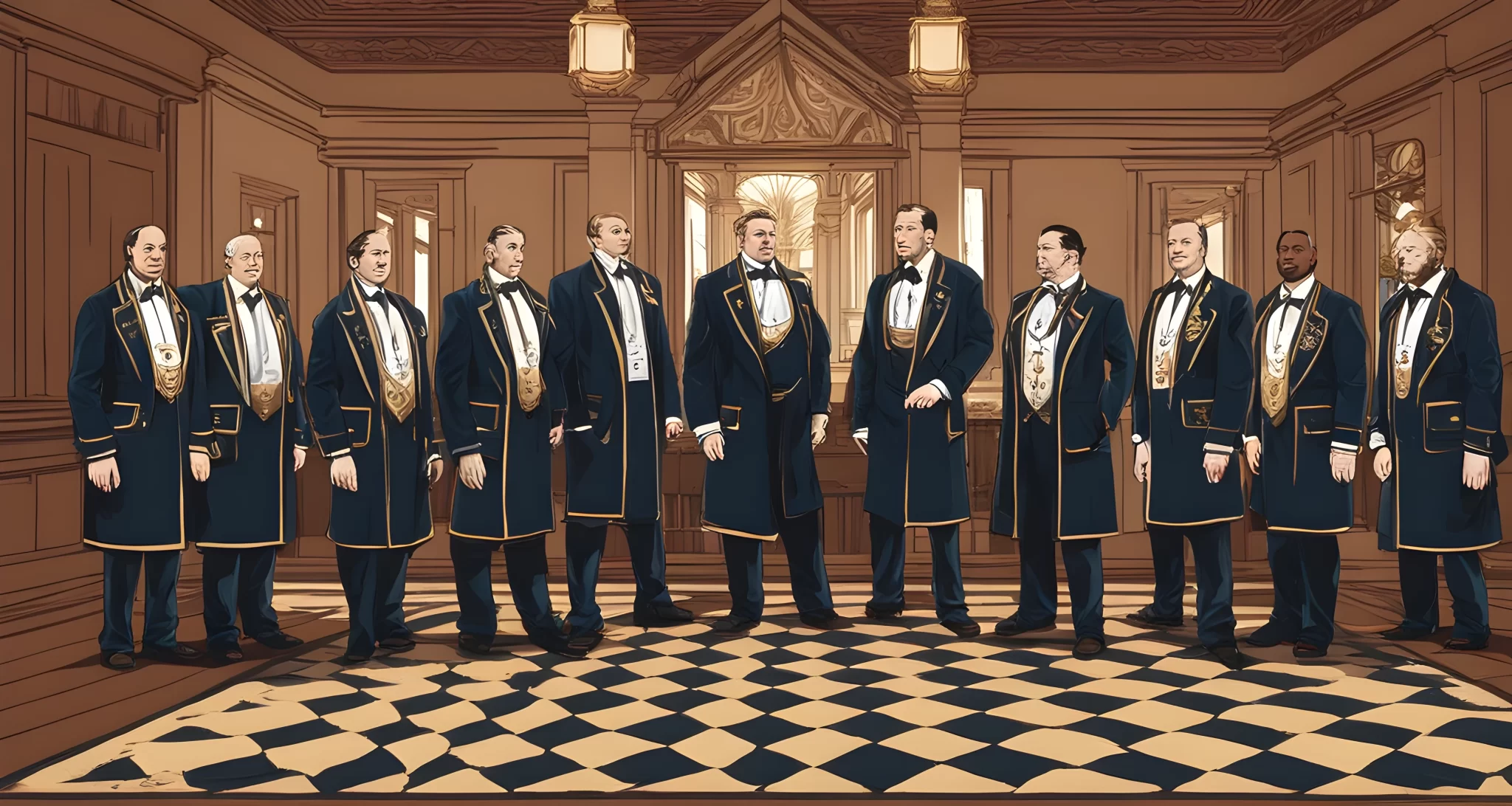
The Freemasons Today
Today, Freemasonry continues to be a prominent and influential organization, with members actively participating in various fields and upholding the principles of brotherhood, charity, and moral uprightness.
Membership and Values
- Membership in Freemasonry is open to men who profess a belief in a Supreme Being and the immortality of the soul, emphasizing the importance of spirituality within its membership.
- The organization places a strong emphasis on brotherhood, encouraging camaraderie and support among its members.
- Charity is another cornerstone of Freemasonry, with members actively engaging in philanthropic activities and contributing to their communities.
- Moral uprightness is expected of all members, who are encouraged to exemplify ethical behavior in their daily lives.
Influence
- Historically, Freemasonry has wielded influence in various fields such as politics, philanthropy, and business. The network of members has played a role in shaping societal and cultural norms.
- The organization continues to maintain its influence through its extensive network of members who hold positions of leadership and influence across different sectors.
Contemporary Role
- Today, the Freemasons continue to engage in charitable activities, supporting various causes and organizations.
- The organization also provides a sense of community for its members, fostering strong bonds and connections.
- While maintaining its traditional values and rituals, Freemasonry also adapts to modern times by incorporating technology and contemporary practices into its operations.
For more information on controversial sects such as Opus Dei within the Catholic Church, be sure to read our article on Opus Dei examination.
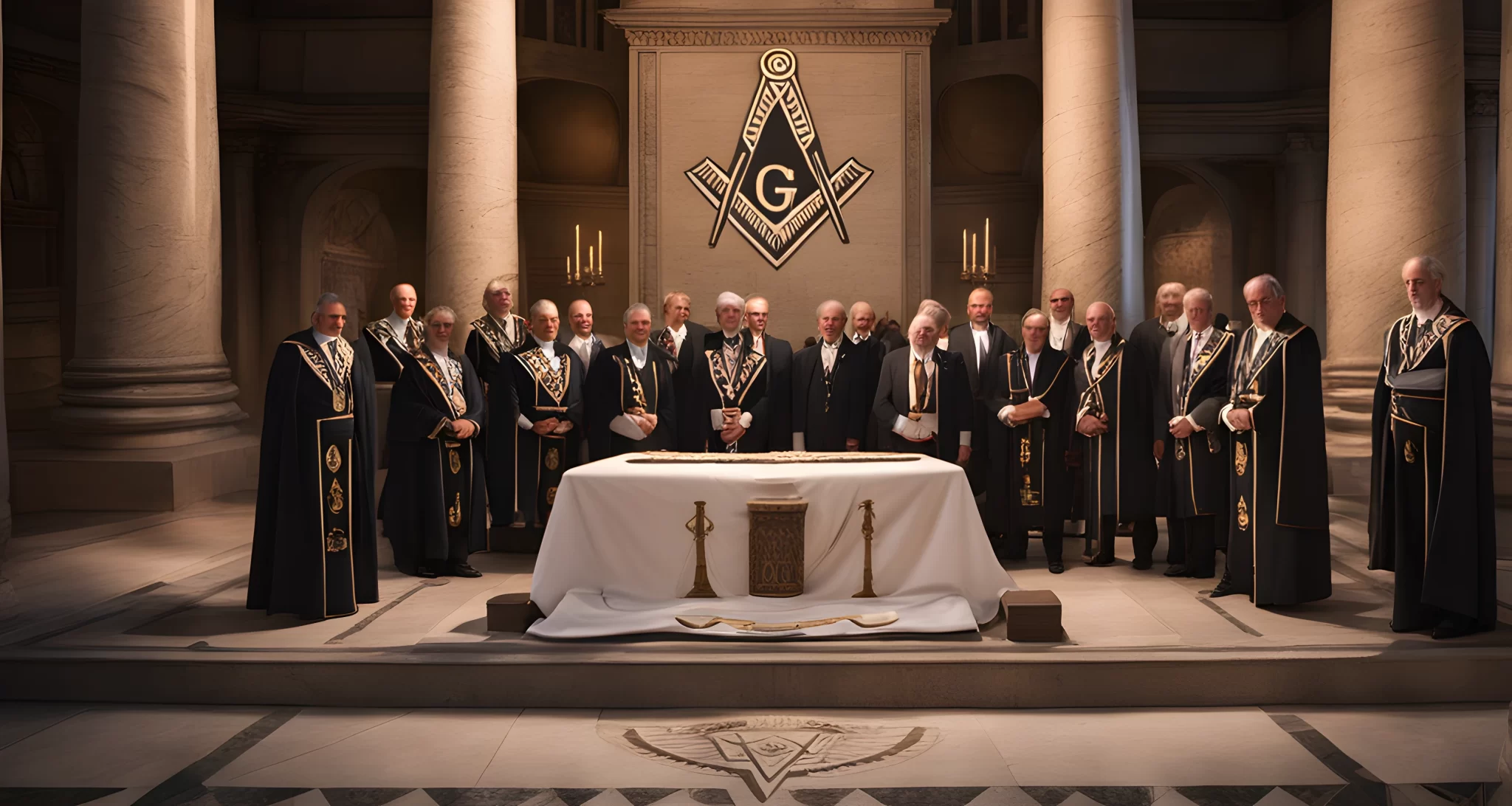
Controversies and Myths
Over the centuries, Freemasonry has been shrouded in controversy and surrounded by persistent myths and misconceptions. Despite its core principles of moral education and fellowship, the fraternity has faced scrutiny and skepticism. Here are some of the controversies and myths that have plagued Freemasonry:
-
Secrecy and Conspiracy Theories: Freemasonry’s tradition of secrecy has led to numerous conspiracy theories, with some speculating that it wields undue influence over politics and finance. However, these claims remain largely unsubstantiated, as The enigma of JFK’s death demonstrates.
-
Exclusivity and Elitism: There is a common misconception that Freemasonry is an exclusive club for the wealthy and powerful. In reality, the organization welcomes members from all walks of life, promoting equality and fellowship.
-
Religious Allegations: Some critics have accused Freemasonry of promoting anti-religious or atheistic beliefs. However, the fraternity embraces members of all religious backgrounds and encourages a moral and ethical life.
-
Allegations of Misconduct: Like any organization, Freemasonry has faced allegations of misconduct among its members. However, it has taken steps to address these issues and uphold its commitment to moral education and integrity.
Despite these controversies, Freemasonry remains steadfast in its dedication to charitable work, community engagement, and personal development. As the organization continues to adapt to the modern era, it strives to dispel myths and misconceptions while upholding its core principles.
By addressing these controversies head-on, Freemasonry seeks to foster a greater understanding of its values and contributions to society.
FAQ
What is the history of freemasonry?
Freemasonry dates back to the middle ages, originating from the guilds of stonemasons and cathedral builders. it evolved over time, incorporating elements from ancient religious orders and chivalric brotherhoods.
What are the teachings of freemasonry?
Freemasonry’s teachings emphasize moral education, fellowship, and mutual assistance, with members required to believe in a supreme being and the immortality of the soul.
Why has freemasonry faced opposition?
Freemasonry has faced opposition from organized religion, particularly the roman catholic church, and from various states.
What conspiracy theories are associated with freemasonry?
The secrecy surrounding freemasonry has led to widespread speculation and conspiracy theories, with accusations of involvement in historical events and its depiction in popular culture.
